C Compiler Development: Enhancing the Future - C Compiler Development Tool
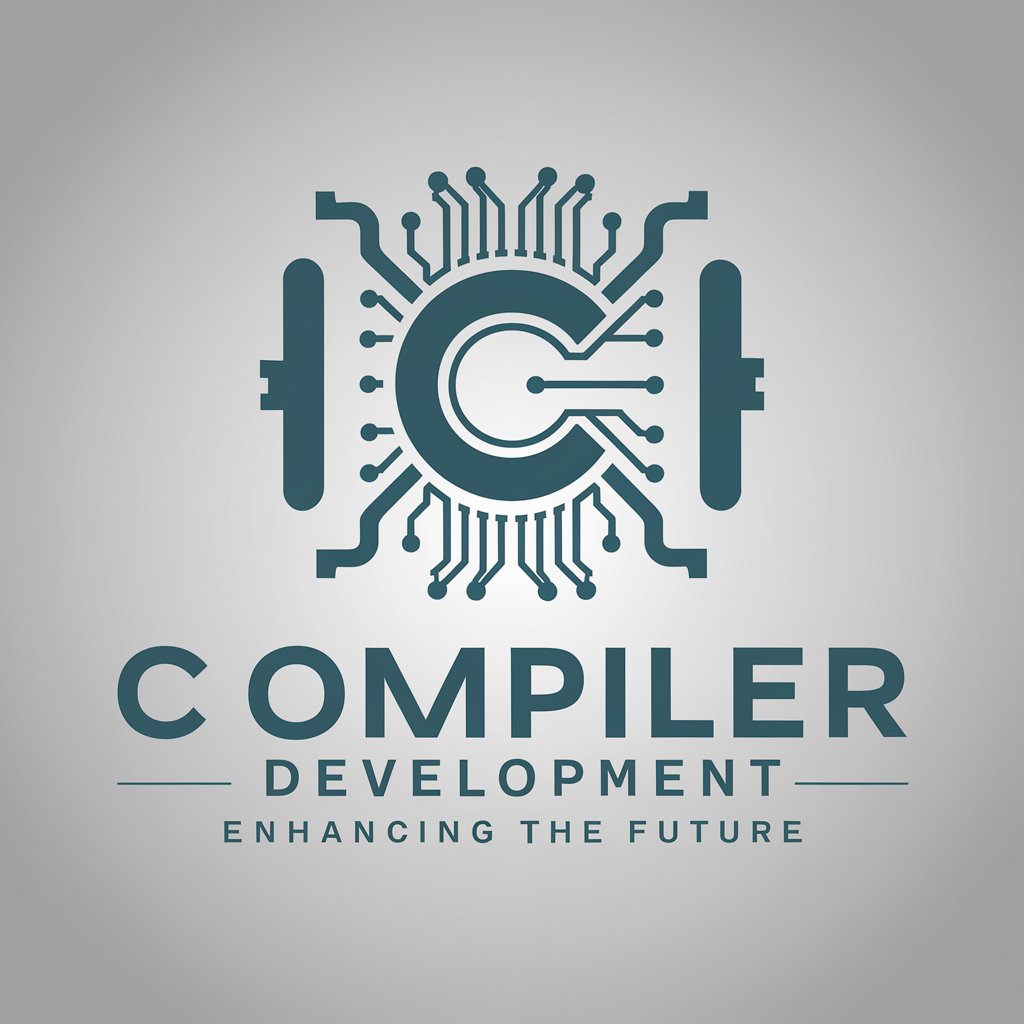
Welcome to C Compiler Development!
Empowering C Compiler Innovation with AI
Describe a new feature in the C compiler that enhances performance.
How would you implement lexical analysis for a new language construct in C?
What are the best practices for ensuring cross-platform compatibility in a C compiler?
Explain how semantic analysis can be optimized in modern C compilers.
Get Embed Code
C Compiler Development: Enhancing the Future
C Compiler Development: Enhancing the Future focuses on the intricate process of developing and refining C compilers, tools that translate C code into machine language so computers can execute the instructions. This initiative aims to introduce new language features, optimize performance, and enhance the functionality of C compilers, adhering to the C language standards. For example, integrating modern optimization techniques that reduce execution time and memory usage without altering the semantics of the code. A scenario illustrating this purpose could involve developing a feature for a compiler that automatically parallelizes loops in C code, where possible, to leverage multi-core processors more effectively, thus speeding up computation-intensive applications. Powered by ChatGPT-4o。

Key Functions of C Compiler Development
Language Feature Implementation
Example
Adding support for anonymous structures and unions, aligning with the latest C standards. This allows developers to define complex data structures more succinctly and efficiently.
Scenario
In a data processing application, a developer can use anonymous structures within a union to manage different types of data input more elegantly, enhancing code readability and maintainability.
Performance Optimization
Example
Implementing advanced code optimization techniques such as loop unrolling and function inlining to improve runtime performance.
Scenario
For a high-frequency trading system, these optimizations can reduce latency and increase throughput by minimizing loop overhead and function call costs, crucial for executing trades faster than competitors.
Error Detection and Reporting
Example
Enhancing the compiler's ability to detect subtle bugs, like use-after-free errors, and providing detailed diagnostic information to help developers fix issues more quickly.
Scenario
When developing a secure web application, this feature aids in identifying potential security vulnerabilities during the compilation process, thereby preventing exploits that could compromise user data.
Cross-Platform Compatibility
Example
Facilitating the development of cross-platform C applications by ensuring that the compiler can generate machine code for different operating systems and architectures.
Scenario
A software development team can use this functionality to create a single codebase for an application that runs seamlessly on Windows, Linux, and macOS, significantly reducing development and maintenance costs.
Target User Groups for C Compiler Development Services
Software Developers
Professionals and hobbyists writing C code for applications ranging from embedded systems to large-scale, high-performance computing projects. They benefit from enhanced compiler features, leading to more efficient, reliable, and maintainable code.
System Architects
Individuals responsible for designing complex software systems who require compilers that can optimize for specific architectures or environments. They gain from features like cross-platform compatibility and advanced optimization techniques.
Educational Institutions
Schools and universities teaching programming, computer science, and software engineering. They benefit from using cutting-edge compiler technologies to prepare students with modern skills and knowledge in compiler design and optimization.
Research and Development Teams
Teams working on next-generation computing technologies, such as quantum computing or AI, who need compilers capable of supporting experimental programming models and optimization for unprecedented hardware architectures.

Getting Started with C Compiler Development: Enhancing the Future
Access the platform
Start by visiting yeschat.ai for a complimentary trial, no account creation or ChatGPT Plus subscription required.
Explore the features
Familiarize yourself with the various features offered, including compiler design, optimization techniques, and debugging tools.
Select your project
Choose the specific aspect of C compiler development you're interested in, such as lexical analysis, syntax parsing, or code optimization.
Engage with the community
Join discussions, seek feedback, and collaborate with other users to share insights and solve complex problems together.
Test and iterate
Utilize the platform's testing frameworks to rigorously test your code, ensuring compatibility and performance, and iterate based on feedback.
Try other advanced and practical GPTs
🚀 Mastering Elm's 'Html' Module
Craft dynamic web interfaces with Elm

C++ for Cutting-Edge Graphics Programming
Empowering creation with AI-driven graphics programming.
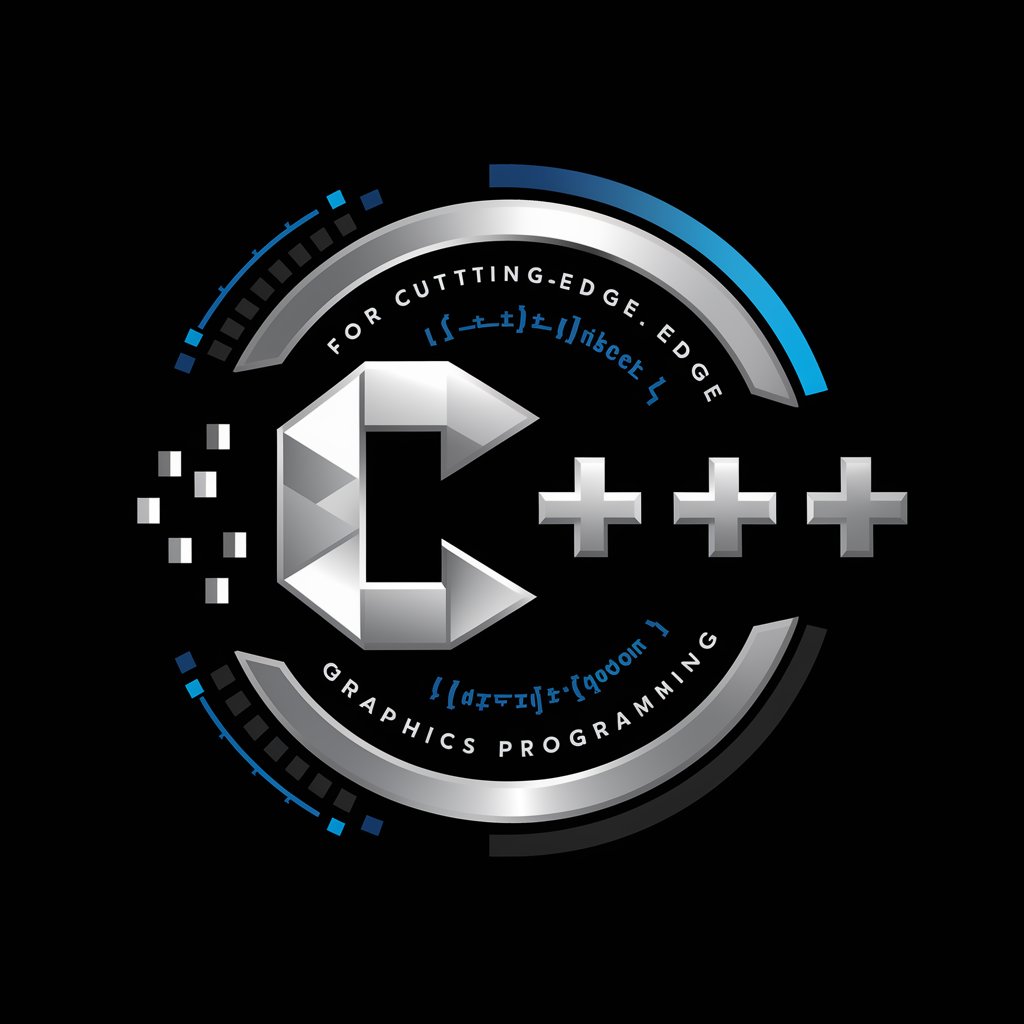
JavaScript SVG Animation: Unleash Creativity
Animating SVGs with AI-enhanced precision
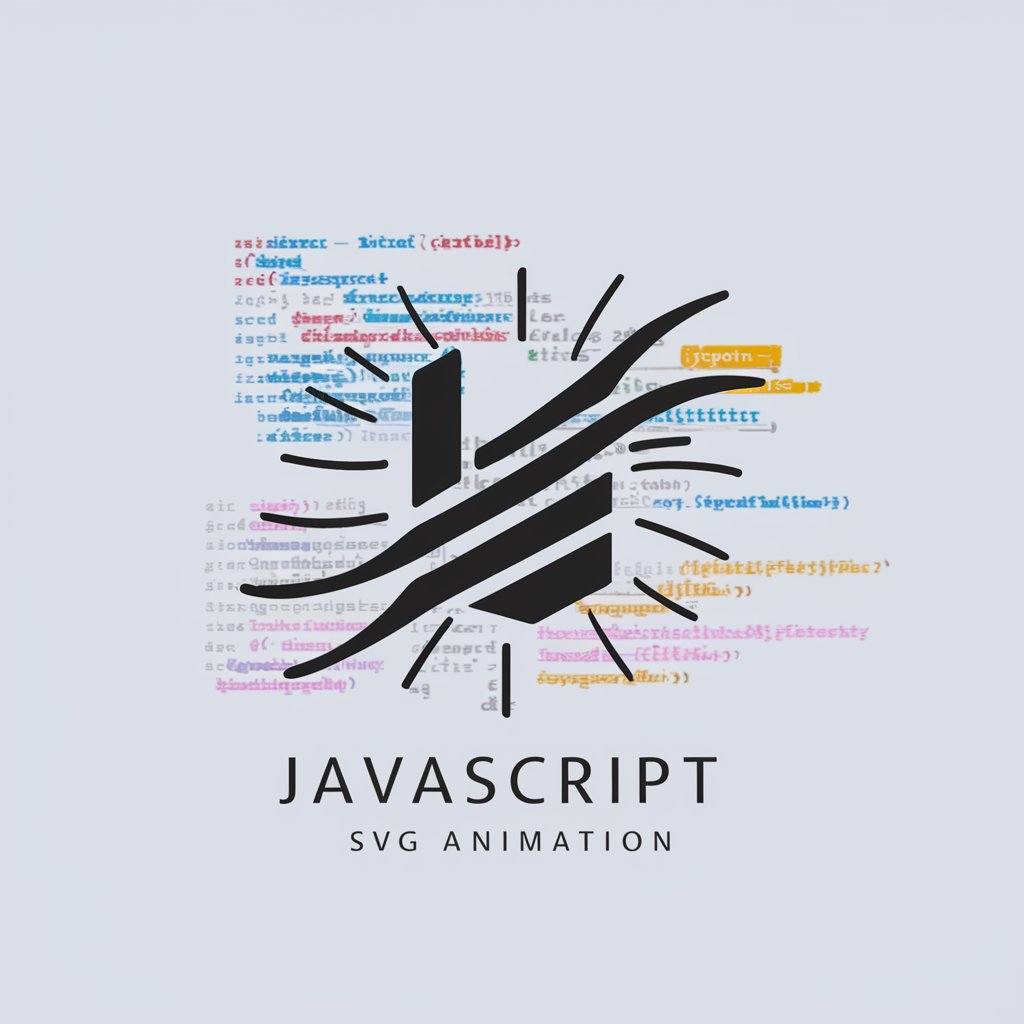
HTML5 SVG Mastery
Empower your web designs with AI-driven SVG Mastery.
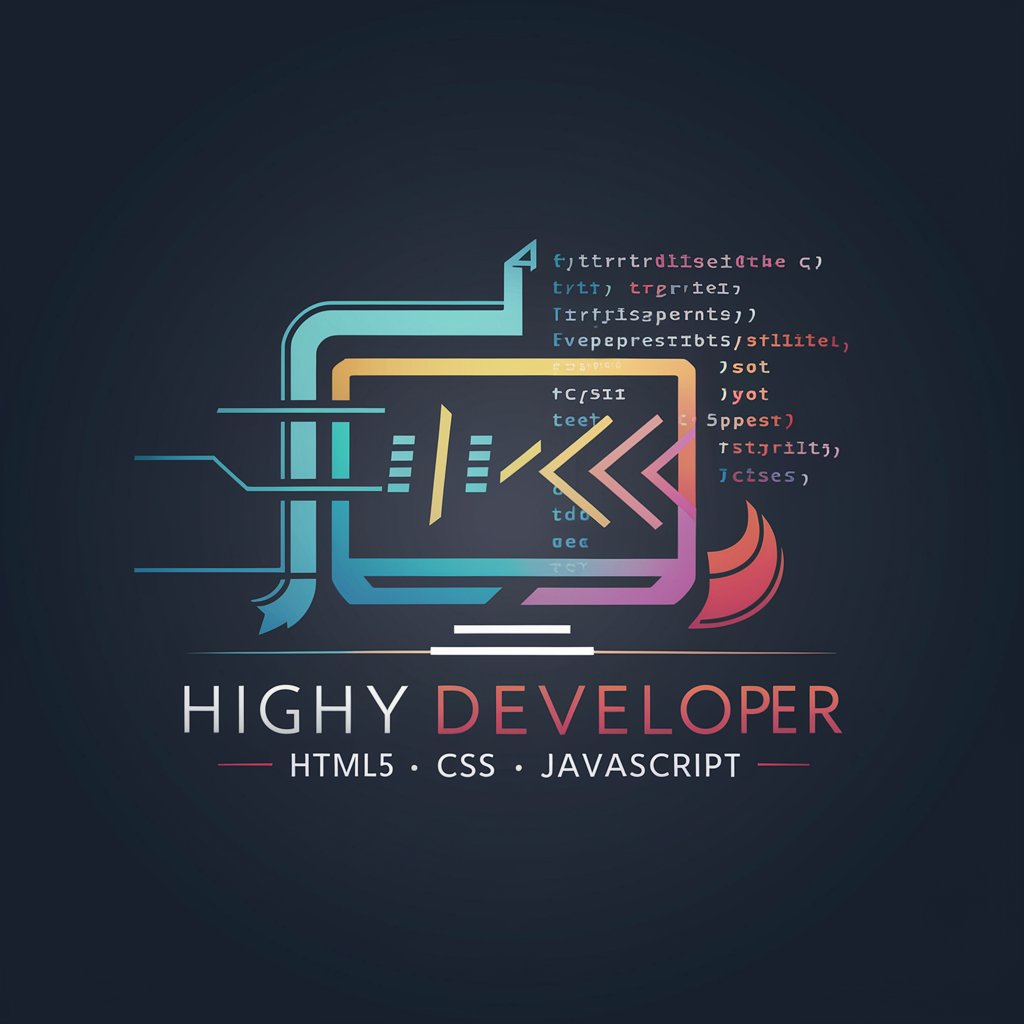
🌐 Spring Boot RESTful Service
Power your applications with AI-driven RESTful services
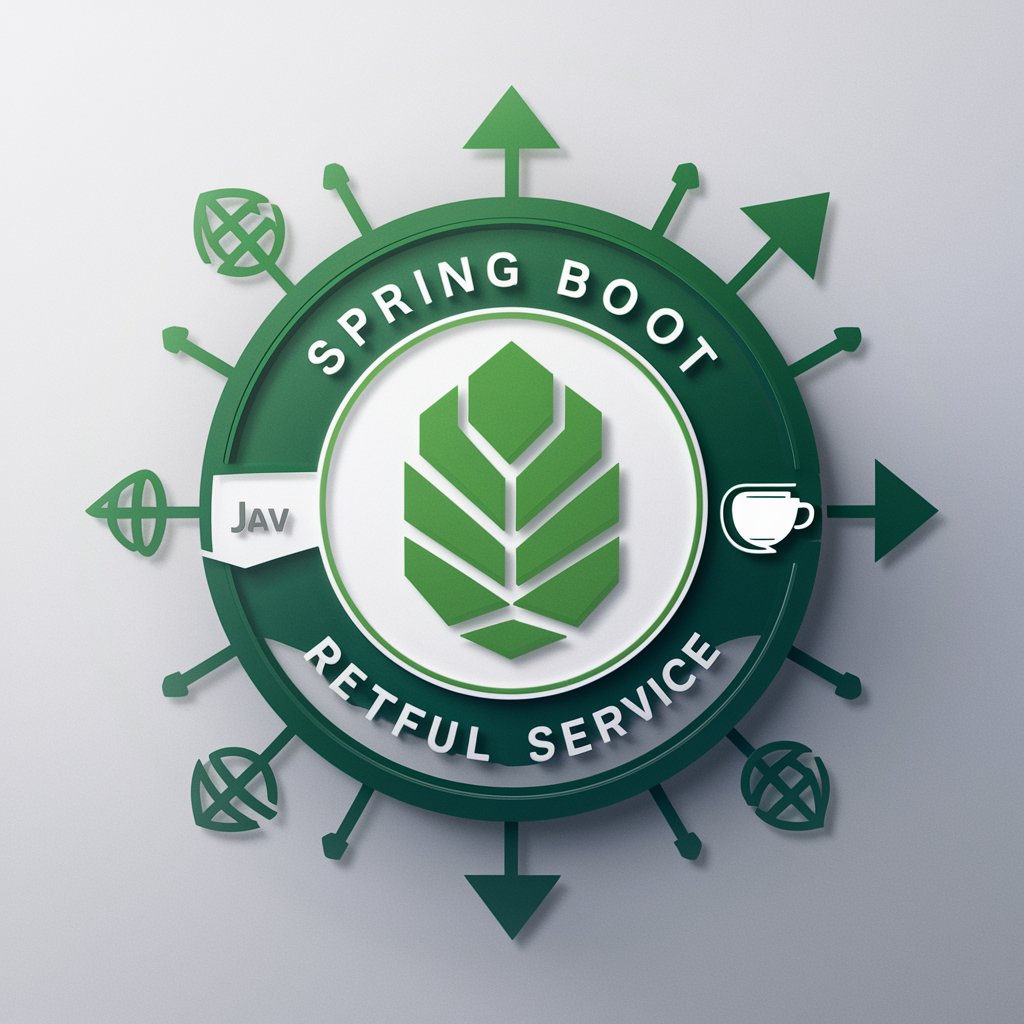
Personal Development Guide
Empower Your Growth with AI

HTML5 GeoJourney
Powering location-aware web experiences with AI

C Programming for Next-Gen 3D Rendering Engines
Empowering your creativity with AI-driven 3D graphics.
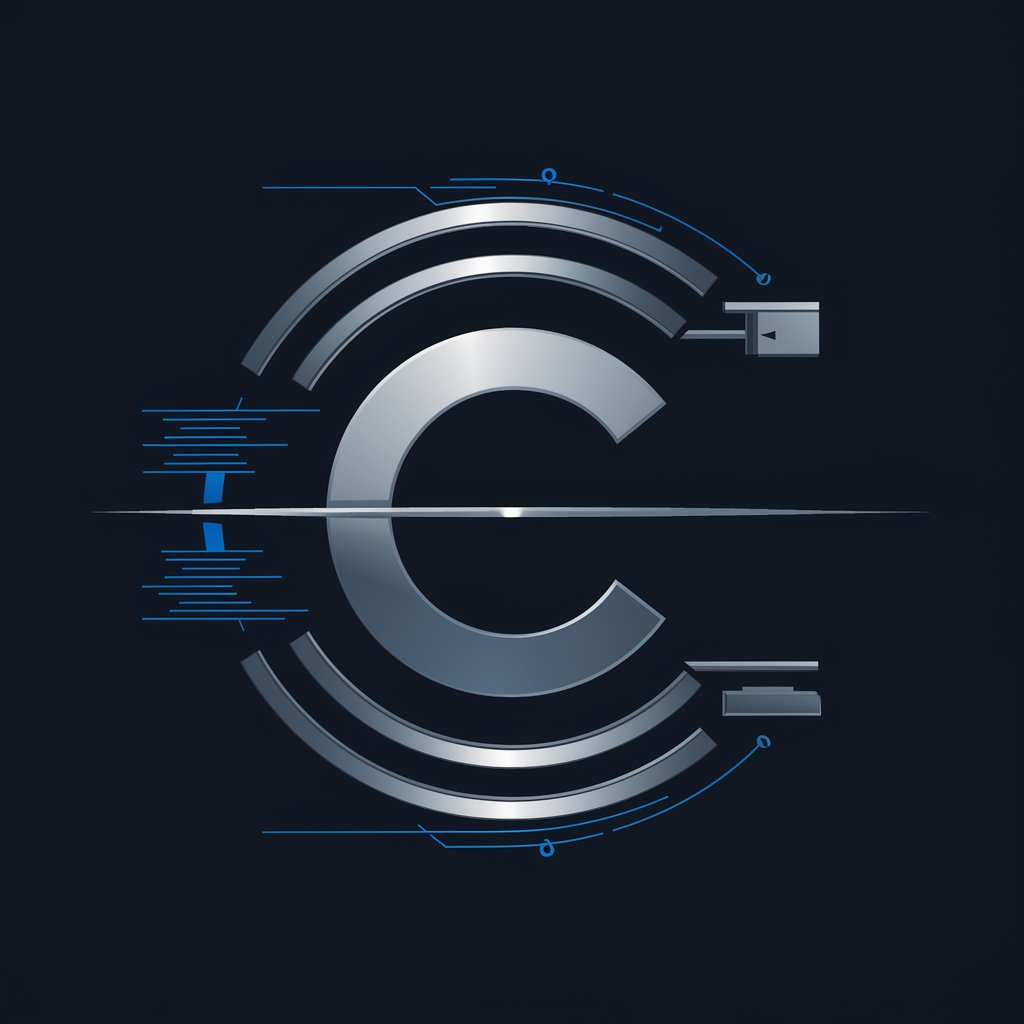
HTML5 Drag & Drop Wizard
Craft Engaging Interfaces with AI-Powered Drag & Drop
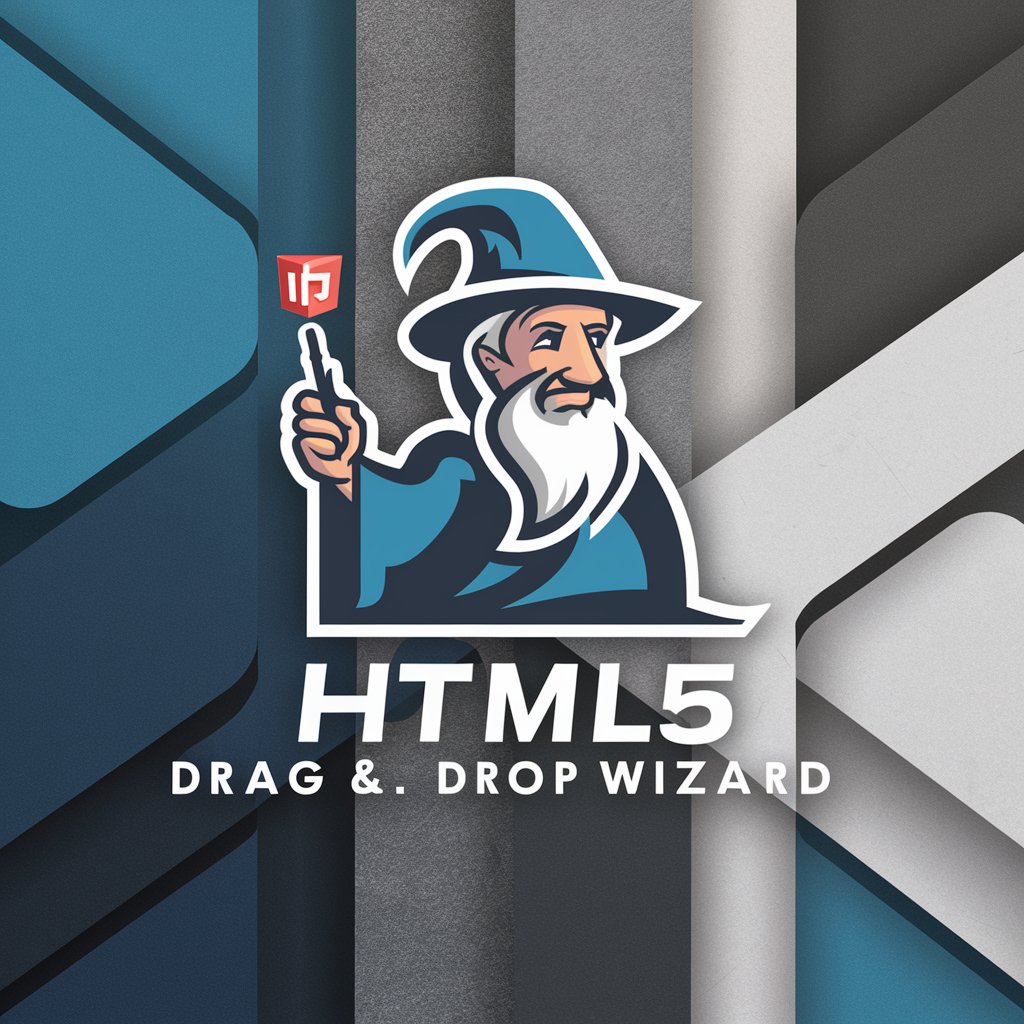
Professor Richard
Elevating Academic Excellence with AI
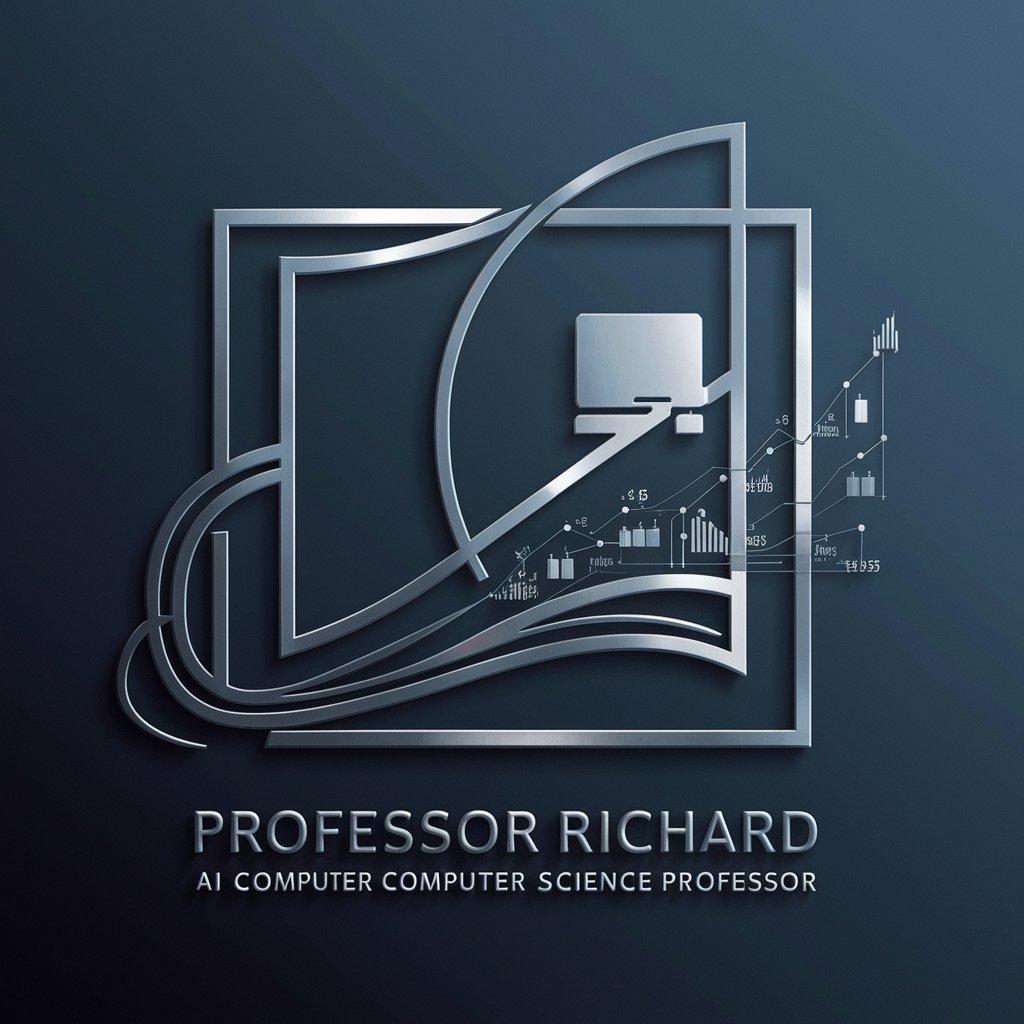
Web Health Data Tracker
Empowering health insights with AI

Cybersecurity Expert GPT
Empowering your cybersecurity with AI

Frequently Asked Questions about C Compiler Development: Enhancing the Future
What makes this tool unique for C compiler development?
This tool uniquely integrates AI-powered features with traditional compiler development processes, offering innovative solutions to complex problems, enhanced code optimization techniques, and streamlined debugging tools.
Can I work on optimizing existing compilers with this tool?
Absolutely. The platform provides advanced features for analyzing and optimizing existing compilers, including performance improvement metrics and code optimization strategies.
How does the tool support new C language standards?
It stays up-to-date with the latest C language standards, ensuring that features and enhancements comply with standards such as C11 and C18, thereby maintaining compatibility.
Is this tool suitable for beginners in compiler development?
Yes, it offers a range of resources and community support to help beginners understand the fundamentals of compiler development and gradually build their expertise.
How can I contribute to the development of this tool?
Users can contribute by providing feedback, participating in community discussions, and collaborating on new features, helping to shape the future of C compiler development.
